Agriculture and Biosecurity newsletter: March 2024
New Biosecurity Amendments now in Cabinet
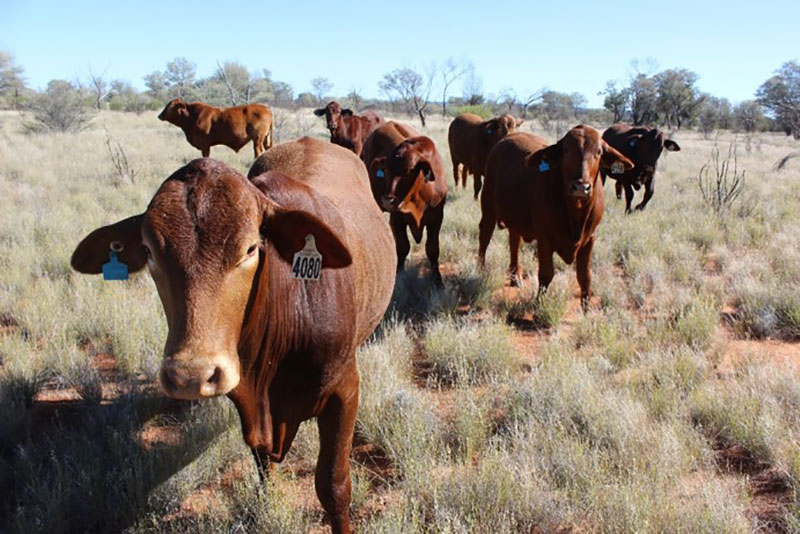
Starting from early April 2024, new biosecurity laws will be in place for the livestock and agricultural industries in the Northern Territory (NT).
These changes aim to
- enhance the Territory’s biosecurity system capabilities
- bolster our traceability capabilities
- bring forward measures to better mitigate biosecurity risks at the property level
- amend the Trespass Act to capture more serious offending specifically on a primary production property.
For more information, go to the Northern Territory Government website.
Horticulture Netting Grant Funding available
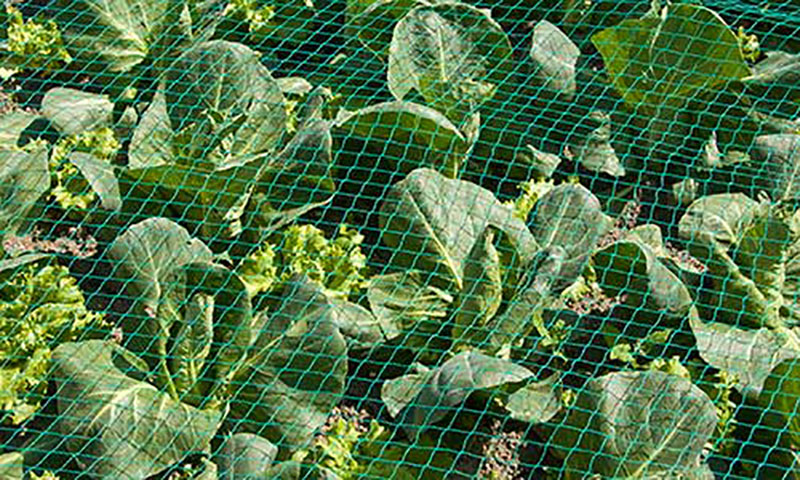
Improving the resilience of the Northern Territory’s horticultural production systems is important for maintaining the continuous growth of the industry.
Horticulture netting grants available to support Territory based growers who spend up to $200,000 per year installing or repairing protective netting.
The purpose of the Northern Territory Horticultural Netting Program – Trial is to provide funding to primary producers of horticultural crops for the purchase and installation of new netting or the replacement of damaged netting, over commercial land used to grow horticulture crops in the Northern Territory.
Successful applicants will be reimbursed 50% of the cost of installations or repairs up to $100,000 for each approved project.
The program is part of the Australian Government’s expansion of the Horticultural Netting Program, with applications set to close on 30 June 2024.
For more information and to apply, go to GrantsNT.
Biosecurity team at work at Darwin Port
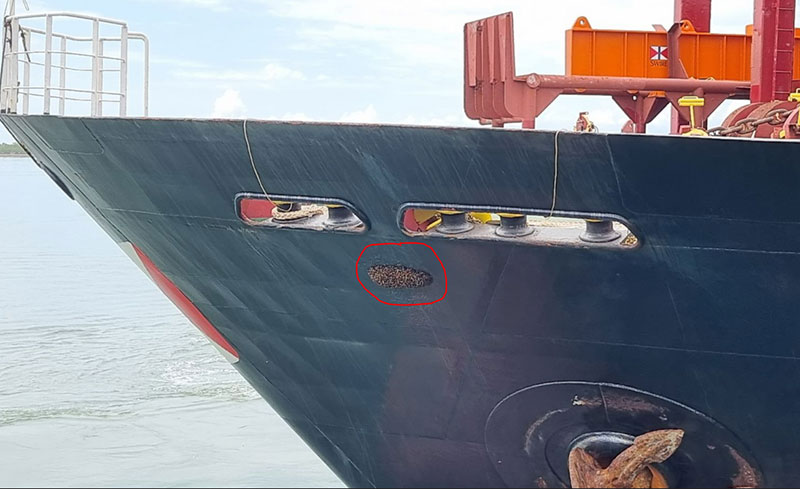
A container vessel arriving in Darwin had Darwin Port authorities contacting the Department of Agriculture, Fisheries and Forestry (DAFF) for assistance.
A nest of insects (wasp bees) had set up home on the port bow of the vessel and set off on their great adventure across the ocean. A Biosecurity Officer boarded the ship in Darwin and samples of dead bees were taken from the aft deck to be sent to Operational Science for identification.
Identification of the bees from Operational Science indicated the insects appeared to be exotic Giant Honey Bees.
In addition to the chosen treatment method, additional UV bug zappers were placed in various location within the port precinct at East Arm Wharf.
The Northern Territory Government provided several Plant Biosecurity Officers to assist DAFF officers to undertake surveillance activities at the wharf. These joint surveillance activities were carried out for the duration of the vessel discharge and stay in Darwin with all cargo sent to a designated laydown area for external inspection prior to movement from the wharf precinct.
Ongoing surveillance has not detected further Bees. The success of this eradication highlights the important work our Biosecurity Officers undertake and the importance of inter-department cooperation in keeping our bee population safe.
Biocrusts – ‘The living skin of rangeland soils’
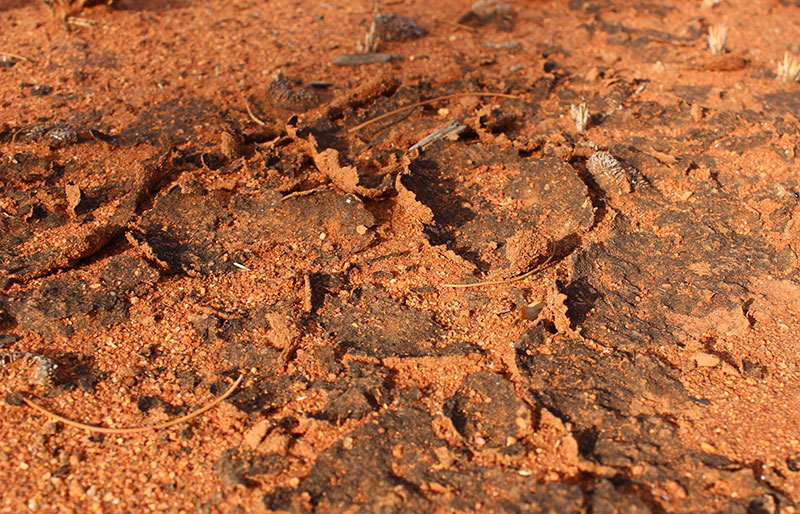
Biocrust in Northern Territory Rangelands research
As part of the Rain Ready Rangelands (RRR) project, funded by the Future Drought Fund, biocrust health and functionality are being measured along with vegetation and ground cover. This is because biocrusts are a sign of a healthy rangeland ecosystem and provide the added benefit of enhanced soil moisture and erosion resistance.
Biological soil crusts, commonly known as ‘biocrusts’, are found on the soil surface in arid, semi-arid and tropical seasonally arid ecosystems.
Understanding how biocrust composition and cover responds to grazing management across vast rangeland landscapes provides an indicator of how management can promote drought resilient soils. The RRR project are measuring biocrust response to grazing intensity and management through sampling biocrusts:
- with distance from stock waterpoints (closer is more intense grazing impacts)
- inside and outside of exclosures (with and without grazing)
- with continuous grazing vs. grazing with wet season spelling
- in paddocks with current vs. recommended grazing management.
These samples will be analysed for biocrust species composition, ground cover and DNA analysis to detect biocrusts’ functional contribution to soil stability and fertility, such as detecting nitrogen fixation genes.
What functions and benefits do biocrusts have?
- Biocrusts stabilise the soil surface - they intertwine with soil particles, preventing erosion from wind and water.
- They photosynthesize and fix carbon – algae, cyanobacteria, lichens, liverworts and mosses are all green and photosynthesize just like plants. The carbon they pull out of the air is incorporated into the soil and enhances soil carbon.
- They fix nitrogen – most cyanobacteria fix nitrogen out of the air just like legumes do.
We are training our demonstration collaborator producers to recognise biocrusts and their function in healthy drought resilient landscapes and how to manage grazing to promote healthy soils and biocrust. The Mount Denison RRR demonstration site and producers star in a video that educates rangeland managers about biocrusts and their pivotal role in healthy grazed landscapes.
The RRR team have collaborated with the University of Queensland and Meat and Livestock Australia to produce educational videos about the role of biocrusts in grazed rangelands landscape stability.
Meet the team, welcoming two members to ASP Livestock Industries Branch


Alice Springs AZRI team are delighted to welcome two new staff members, Jess and James to the Livestock Industries branch.
Jess O’Toole, a born and bred Alice Springs local, has always had a keen interest in the agriculture sector. With a passion for horses, she dedicated the past few years to working on stations around Central Australia. She has now stepped into the position of Technical Officer for the Research Farms at DITT, located in Alice Springs. Having started this role at the end of 2023, she thoroughly enjoys working outdoors and developing a diverse set of skills.
James Duffy has recently joined the Department of Industry, Tourism and Trade as the new Assistant Farm Manager, at AZRI and Old Man Plains research farms near Alice Springs. With 7 years of experience working on various stations in the Gulf region of Queensland, along with a trade background in painting and time spent on machinery and data collection in the mines, he brings a wealth of skills to his role at DITT. Having been in the position for a couple of months, and now acting in the Farm Manager position, he already senses that he is making a positive impact on Old Man Plains Research Station and looks forward to what the future holds.
Varroa mite Update
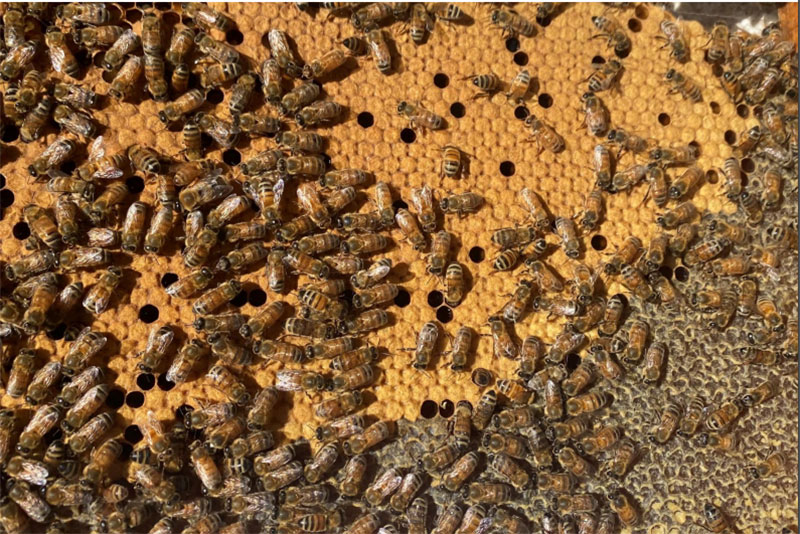
Since the Transition to Management was announced late last year, the Northern Territory Government has been working hard to support the Territory’s small but important bee keeping community.
The Northern Territory Government has recently appointed a Bee Biosecurity Officer to support the role out of changes. In addition, legislative amendments are in progress to support the implementation of a new hive registration form.
The Plant Biosecurity team is also developing a bee biosecurity action plan to strengthen the Territory’s bee industry.
Some further activities being rolled out include information workshops for beekeepers across the regions to support increasing community education and awareness.
For more information, go to the Northern Territory Government website.
Disaster Ready Fund grant program now available
The Disaster Ready Fund (DRF) was created by the Australian Government to support communities to better prepare themselves against natural disasters.
The Northern Territory (NT) Emergency Service is the lead agency coordinating and submitting applications for the DRF on behalf of the NT.
Any government, non-government organisation, or community group can now apply for funding to support projects under Round Two of DRF to benefit any Territory community.
Applicants can apply for unlimited funding for supported projects via the DRF on a co-contribution basis.
Applicants are encouraged to get in contact with the Emergency Management team to discuss suitability via email at DRF@pfes.nt.gov.au.
Applications close Wednesday 20 March 2024.
For more information about this initiative, go to the Australian Government's National Emergency Management Agency website.
Upcoming Events
A carbonEDGE workshop in Alice Springs
18 March 2024
A two day workshop supporting producers in the red meat industry to understand carbon storage and solutions.
A Breeding EDGE workshop in Alice Springs
26 March 2024
A three day workshop supporting producers to improve and refine herd management, support genetic improvement plans and discuss new technologies.
NutritionEDGE in Katherine
27 March 2024
A three day workshop covering all aspects of animal nutrition.
Give feedback about this page.
Share this page:
URL copied!